Nasa trials nuclear reactor to power settlement on Mars
Compact system designed to sustain long-term human colonisation
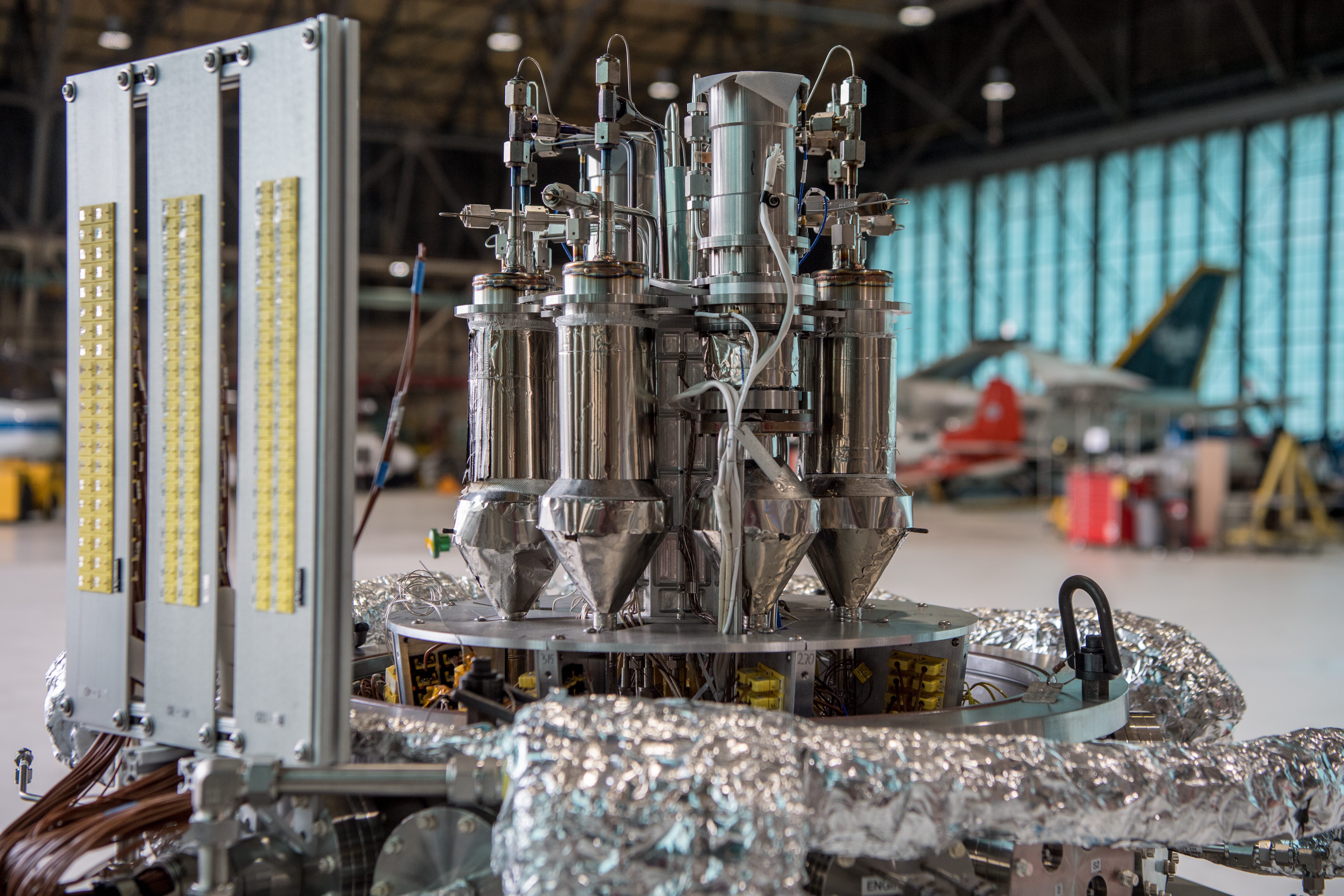
A free daily email with the biggest news stories of the day – and the best features from TheWeek.com
You are now subscribed
Your newsletter sign-up was successful
Scientists have trialled a small nuclear reactor that could be used to sustain life on the uninhabitable surface of Mars, officials announced yesterday.
Nasa and the US Department of Energy have developed the nuclear fission reactor to power manned missions to the red planet or other potentially habitable worlds within the solar system, says Reuters.
Powering a small colony on another planet or moon is a huge challenge, the news site says, as the nuclear reactor’s design must be “strong enough to sustain a base but small and light enough to allow for transport through space”.
The Week
Escape your echo chamber. Get the facts behind the news, plus analysis from multiple perspectives.

Sign up for The Week's Free Newsletters
From our morning news briefing to a weekly Good News Newsletter, get the best of The Week delivered directly to your inbox.
From our morning news briefing to a weekly Good News Newsletter, get the best of The Week delivered directly to your inbox.
Speaking at the reactor’s launch event, Nasa‘s space technology mission directorate chief, Steve Jurczyk, said: “Mars is a very difficult environment for power systems, with less sunlight than Earth or the Moon, very cold nighttime temperatures, [and] very interesting dust storms that can last weeks and months that engulf the entire planet.”
The new reactor’s size and strength allows the agency to “deliver multiple units on a single lander to the surface that provides tens of kilowatts of power”, Jurczyk added.
The power supply is also reliable and uses less fuel than conventional generators, says Space.com. This makes it more efficient than solar power systems, which require consistent sunlight to work.
The two US government bodies began trialling the reactor late last year, the website says, with harsher tests for a flight-ready power generator due to commence in spring.
A free daily email with the biggest news stories of the day – and the best features from TheWeek.com
But it may be some time before the nuclear reactor is blasted off to Mars, as Nasa is not planning to send a manned mission to the red planet until the 2030s at the earliest.
-
 5 thoroughly redacted cartoons about Pam Bondi protecting predators
5 thoroughly redacted cartoons about Pam Bondi protecting predatorsCartoons Artists take on the real victim, types of protection, and more
-
 Palestine Action and the trouble with defining terrorism
Palestine Action and the trouble with defining terrorismIn the Spotlight The issues with proscribing the group ‘became apparent as soon as the police began putting it into practice’
-
 Why is the Trump administration talking about ‘Western civilization’?
Why is the Trump administration talking about ‘Western civilization’?Talking Points Rubio says Europe, US bonded by religion and ancestry
-
 Elon Musk’s pivot from Mars to the moon
Elon Musk’s pivot from Mars to the moonIn the Spotlight SpaceX shifts focus with IPO approaching
-
 Data centers could soon be orbiting in space
Data centers could soon be orbiting in spaceUnder the radar The AI revolution is going cosmic
-
 Another Starship blast sets back Musk's Mars hopes
Another Starship blast sets back Musk's Mars hopesSpeed Read Nobody was killed in the explosion, which occurred in south Texas
-
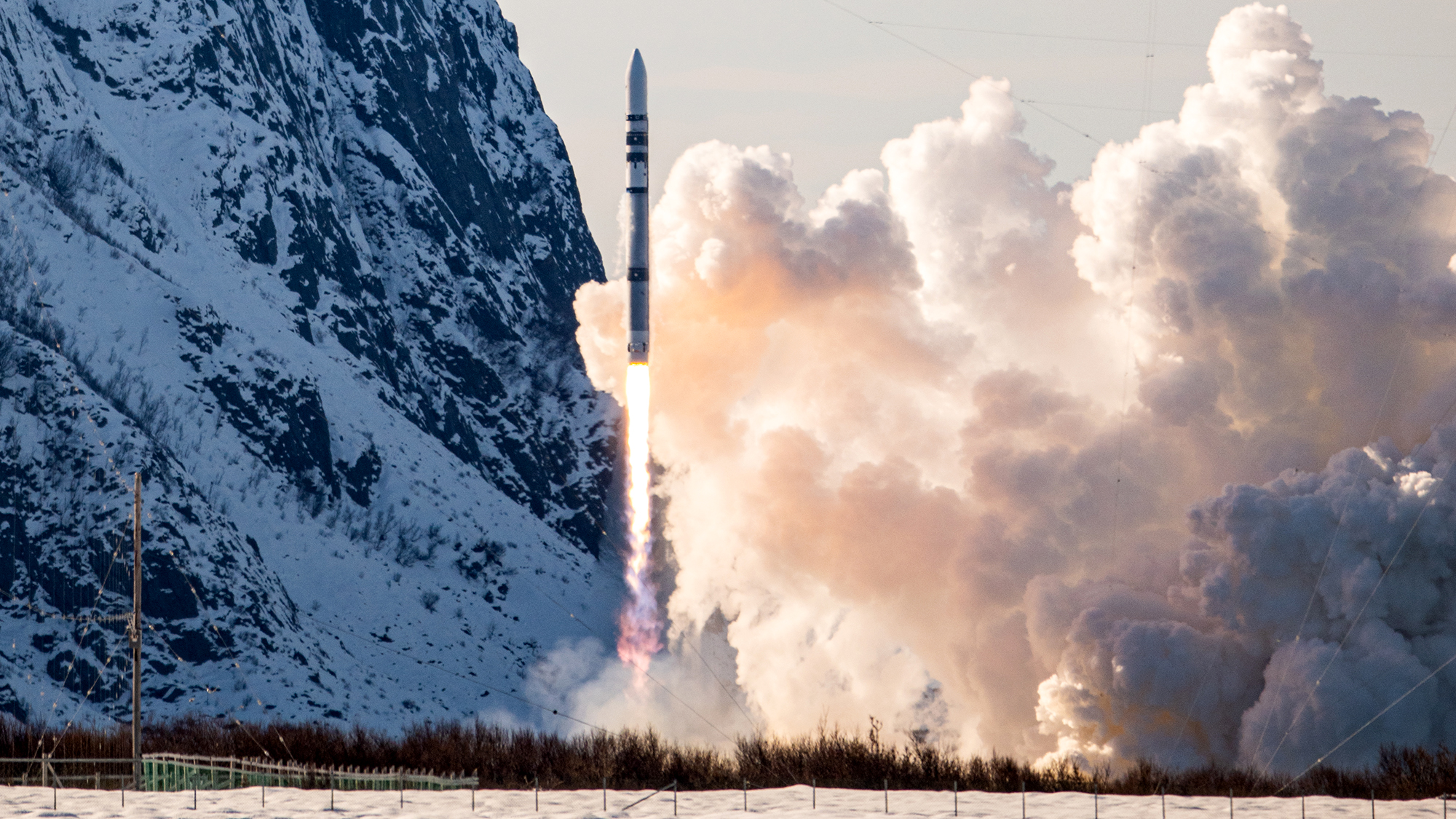 Test flight of orbital rocket from Europe explodes
Test flight of orbital rocket from Europe explodesSpeed Read Isar Aerospace conducted the first test flight of the Spectrum orbital rocket, which crashed after takeoff
-
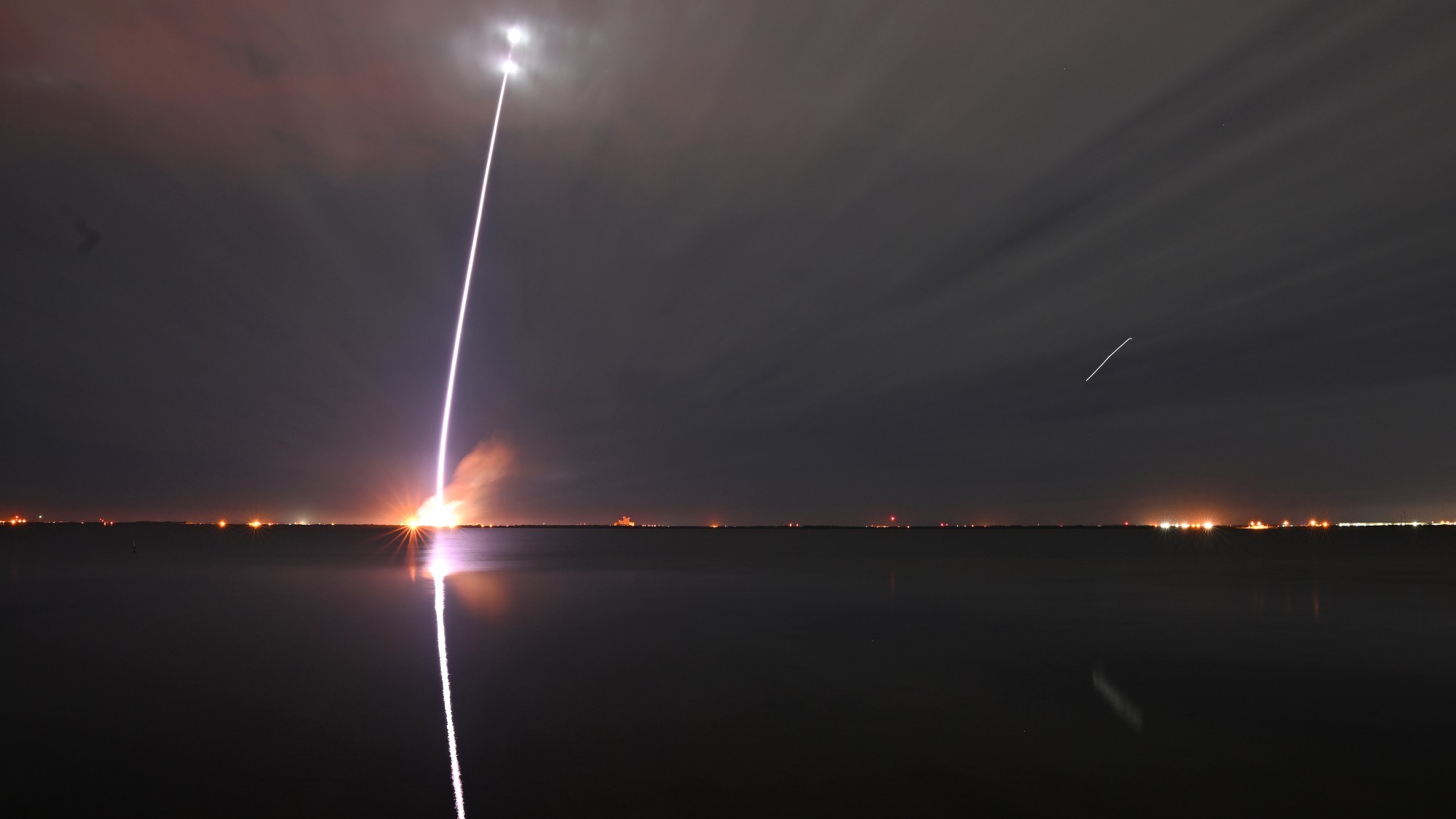 Jeff Bezos, Elon Musk and the billionaire space race
Jeff Bezos, Elon Musk and the billionaire space raceThe Explainer Tesla CEO and Amazon founder vie for dominance of satellite launch market and could influence Nasa plans to return to Moon
-
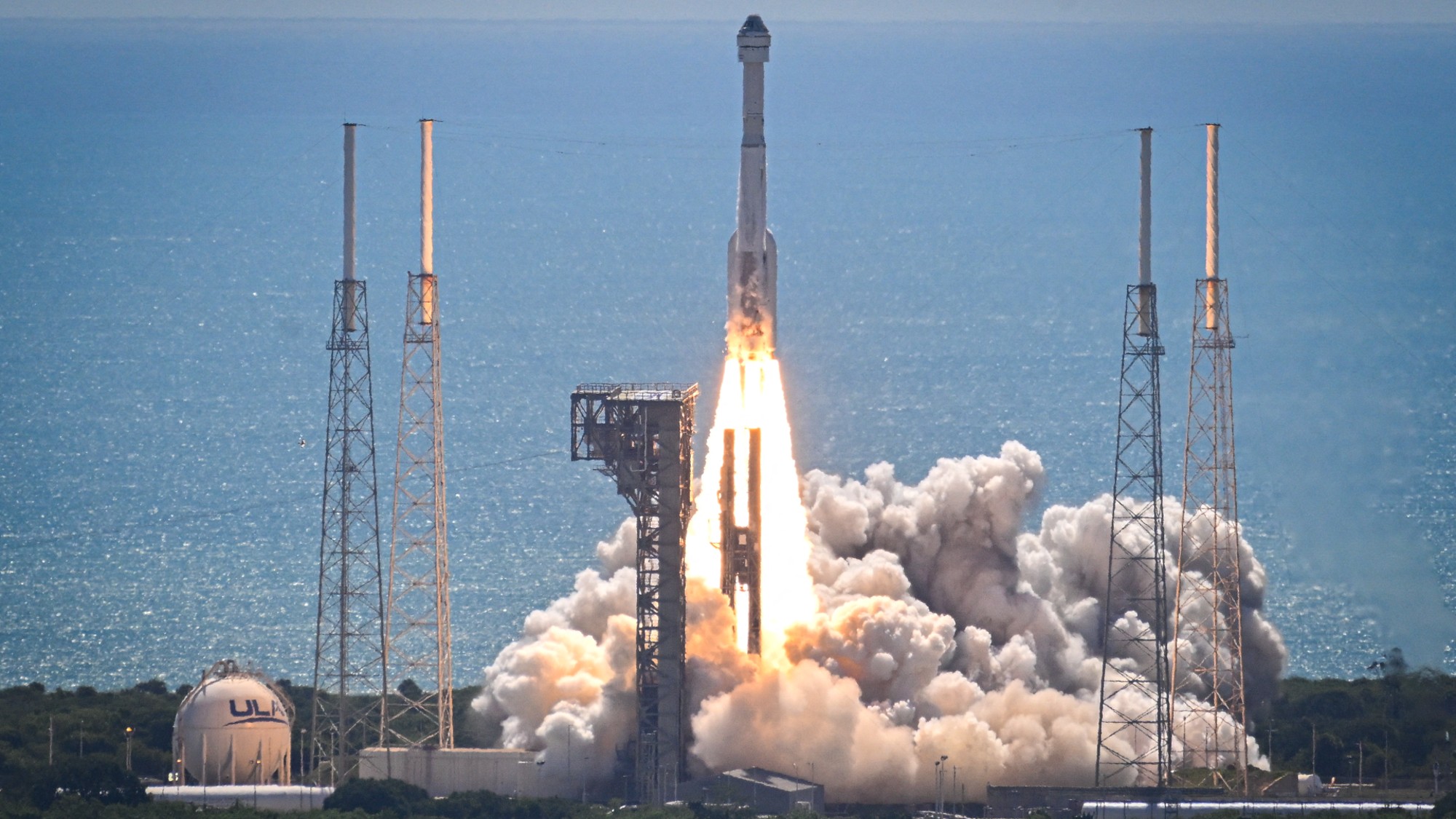 Starliner: What went wrong?
Starliner: What went wrong?Today's Big Question Boeing spacecraft has had a 'long, difficult road'
-
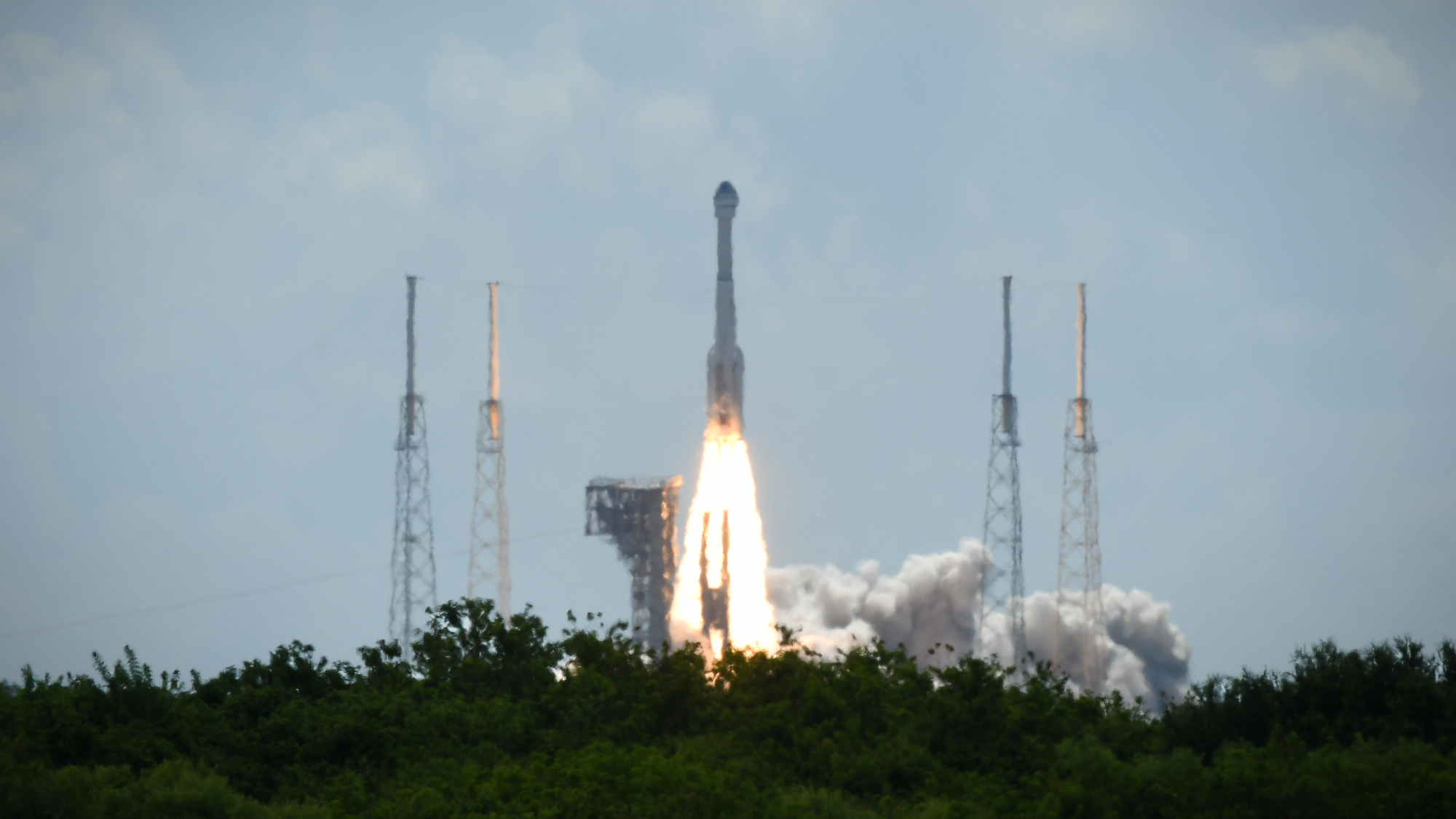 Boeing, SpaceX successfully test key rockets
Boeing, SpaceX successfully test key rocketsSpeed Read Boeing’s Starliner docked at the ISS and SpaceX completed its fourth test launch of its Starship spacecraft
-
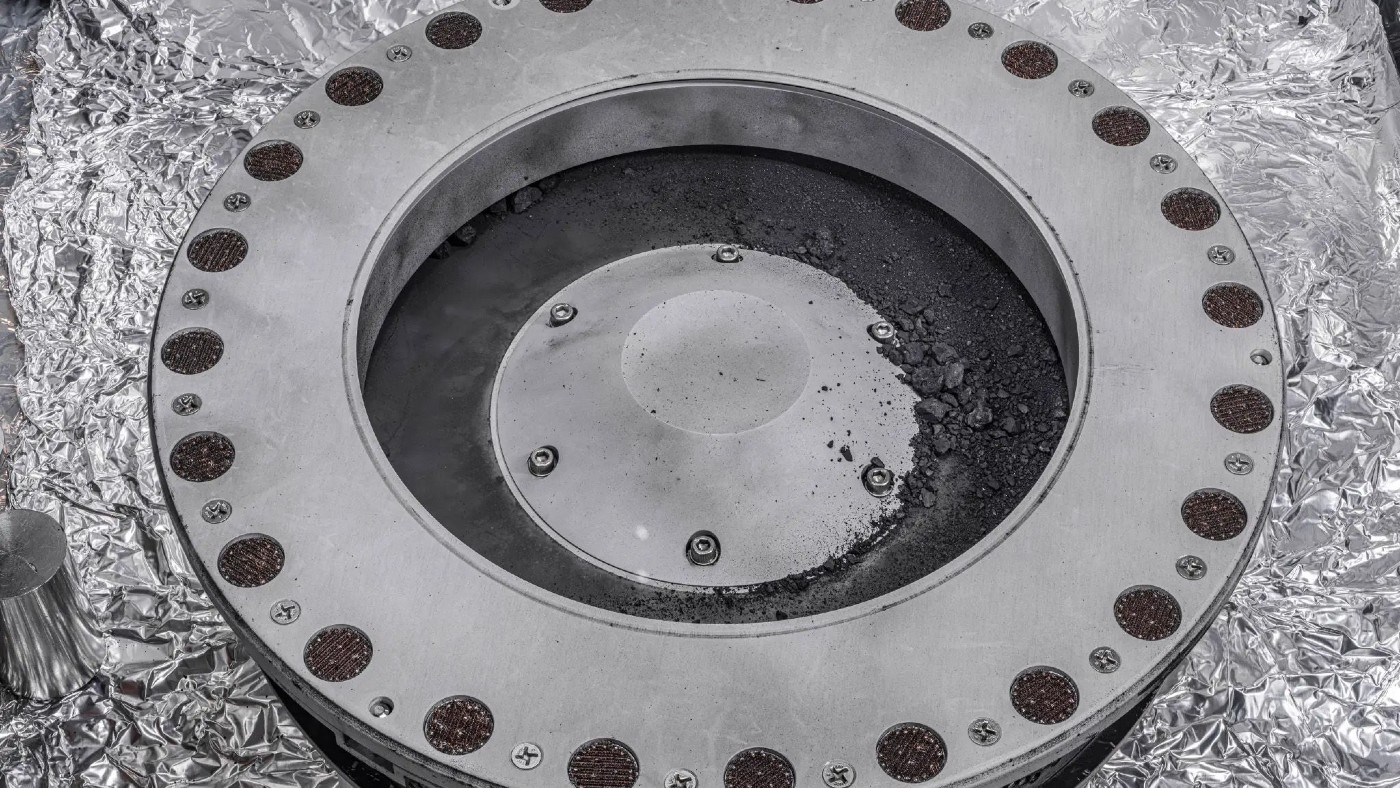 Nasa reveals first findings from asteroid that could explain origins of life
Nasa reveals first findings from asteroid that could explain origins of lifeSpeed Read Sample from Bennu has been found to contain an abundance of water and carbon